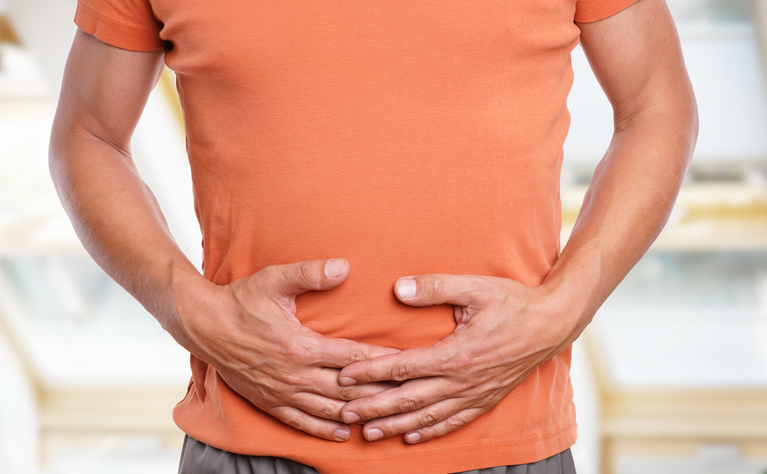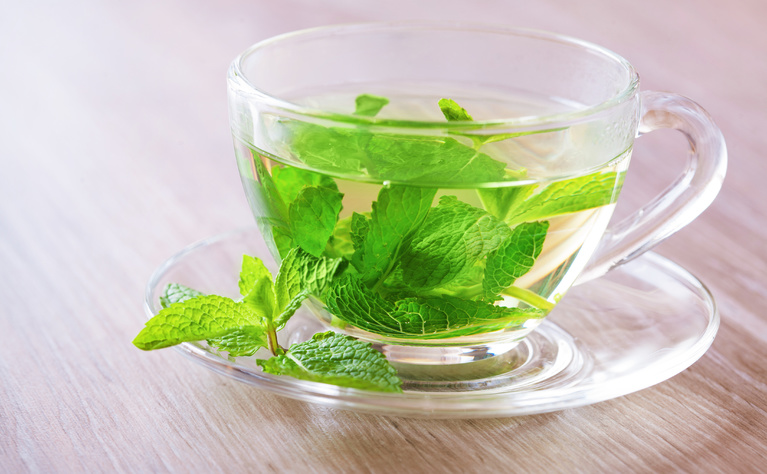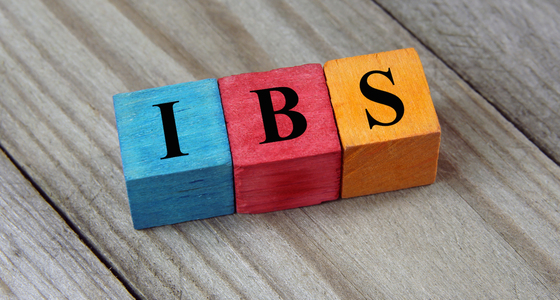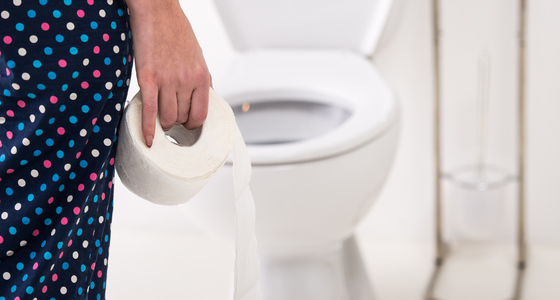
Bloating usually refers to swelling or distention of the stomach or abdomen. It often feels like your tummy is full and tight and can make your stomach look more rounded and stick out. It can be painful or uncomfortable. It is usually a symptom of something else. In this article we delve into some of the things that may cause bloating and what you can do to help...
When you are intolerant to a food it can cause gas to be produced in your stomach which can lead to bloating. Some of the most common food intolerances which can do this include gluten, lactose, FODMAPs, eggs and soy - though this list is not exhaustive.
FODMAPs stands for Fermentable Oligosaccharides, Disaccharides, Monosaccharides and Polyols. They are sugars found in certain carbohydrates and alcohols that are poorly absorbed by the body. When they aren’t absorbed properly they ferment in the intestines, releasing gas which can then cause bloating, wind, pain and sometimes loose stools or diarrhoea.
Identifying food intolerances
The best way to find out if you are sensitive to a food is to keep a food diary for a few weeks. Keep track of what you are eating against when your stomach feels bloated and any other symptoms you are experiencing. From this diary you may be able to identify problem foods. You could ask your doctor if you need some help with this. If you decide to cut out any foods from your diet then you should speak to your doctor or a dietician to make sure you are getting all the nutrients you need from your diet.
If you think you are sensitive to FODMAPs then you should speak to your doctor or a dietician who is experienced in helping people follow a low FODMAP diet.
You can also take home food sensitivity tests such as these from Healthpath*.
We all produce gas in our bodies - it’s a natural byproduct of food digestion but some of us seem to produce more than others. And, when this gas gets stuck in your bowels and finds it difficult to escape it causes trapped wind, which can lead to bloating and abdominal pain. Many things can lead to trapped wind - including food sensitivities, eating food too quickly, chewing gum or drinking fizzy drinks or smoking, eating a lot of foods which produce gas (such as fatty foods, beans, onions, broccoli, sprouts, cauliflower and artificial sweeteners).
How to prevent excess wind
Some tips to help include:
How to relieve bloating from excess wind
Some tips to help relieve excess wind include:

Having constipation can cause bloating. If your bowels are blocked up, and nothing is passing through, you end up with a backlog of digested food and gas which is waiting to escape, causing bloating. Constipation often occurs from not drinking enough liquids and/or eating enough fibre, being stressed or anxious, not exercising enough or as a side effect of medication. In some cases it can be the side effect of a medical condition.
Ways to help prevent constipation include:
Coeliac disease is an autoimmune condition in which you have an immune reaction to gluten, a protein found in wheat, barley and rye. People with coeliac disease often report experiencing bloating. It is a life-long incurable condition which is managed through a gluten free diet. If you think you have coeliac disease speak to your doctor. They can do a blood test to see if you have the disease. You can also pay for a home test such as this one*.
If you are diagnosed with coeliac disease then you will be placed on a strict no gluten diet which should help to relieve your bloating symptoms.
IBS - or irritable bowel syndrome - is a common functional disorder of the colon which results in chronic, painful spasms which can move from one location to another. It can also cause bloating and either constipation or diahorrea, or sometimes both. It is thought to affect at least 10-20% of adults in the US and UK.
How to stop bloating from IBS
If you get bloating as a result of IBS then you could try the same methods for stopping bloating if you have it as a result of trapped wind. These are:
How to relieve bloating from IBS
Some tips to help relieve bloating from IBS include:
IBD - or inflammatory bowel disease - is a chronic (lifelong) condition in which parts of the gastrointestinal tract (the gut) become inflamed. Where you get the inflammation depends on which type of IBD you have. The two main types are Crohn’s disease and ulcerative colitis. One symptom that some people with IBD experience is bloating.
If you think you have IBD then you should speak to your doctor who can refer you for tests. If you are diagnosed with IBD then you may be placed on medications to help control your disease and try to bring it into remission. If you reach remission you may find that your bloating disappears. If it doesn't then you may have other underlying issues which could be contributing - such as some of the ones mentioned in this article. There are some other reasons why you might experience gastrointestinal symptoms when in remission.
Persistent bloating is one of four main symptoms of ovarian cancer. The other three are persistent stomach pain, difficulty eating/feeling full more quickly and needing to urinate more frequently. However, it’s important to remember that these symptoms are also present in other, less serious, conditions. If you are concerned speak to your doctor.
Our guts are made up of trillions of bacteria. The majority of these bacteria live in our colon but sometimes some of the bacteria which should be living in your colon ends up in your small intestine. This is known as small intestinal bacterial overgrowth - or SIBO. This overgrowth can interfere with digestion of food and absorption of nutrients.
Symptoms of SIBO include bloating, abdominal distension, abdominal pain or discomfort, diarrhoea, fatty stools, fatigue, gas, belching, and weakness. In some severe cases weight loss and nutritional deficiencies may be present, particularly iron and vitamins A, B12, D, E and K. It can cause serious health issues if left untreated.
The believed cause of SIBO is complicated and may be as a result of a number of factors (or a combination of many). These can include:
How to stop bloating from SIBO
Diagnosing SIBO is difficult. Breath (hydrogen and methane) tests are the most common method but they aren’t completely accurate and can actually return false negatives. Another method is through culturing the bacteria from a sample taken from the small intestine, but to do this a long tube has to be inserted into the patient to retrieve a sample. Again, this method is not always accurate.
SIBO may be diagnosed just on your symptoms and your risk factors. Treatment can also be hard. The most common method is through taking antibiotics to kill off the bacteria, however SIBO often returns within a year (in up to a half of cases). Prolonged and repeated used of antibiotics is not recommended. Many doctors are now using a course of antibiotics alongside a probiotic with greater success. Some practitioners focus on treating the underlying cause of the SIBO by making changes to diet and lifestyle. This method can take time but is successful for many people.
*Please note this is an affiliate link which means if you buy from the company we may receive a commission. You will pay the same price as you normally would and any money earned will be used to support IBDrelief's work.

